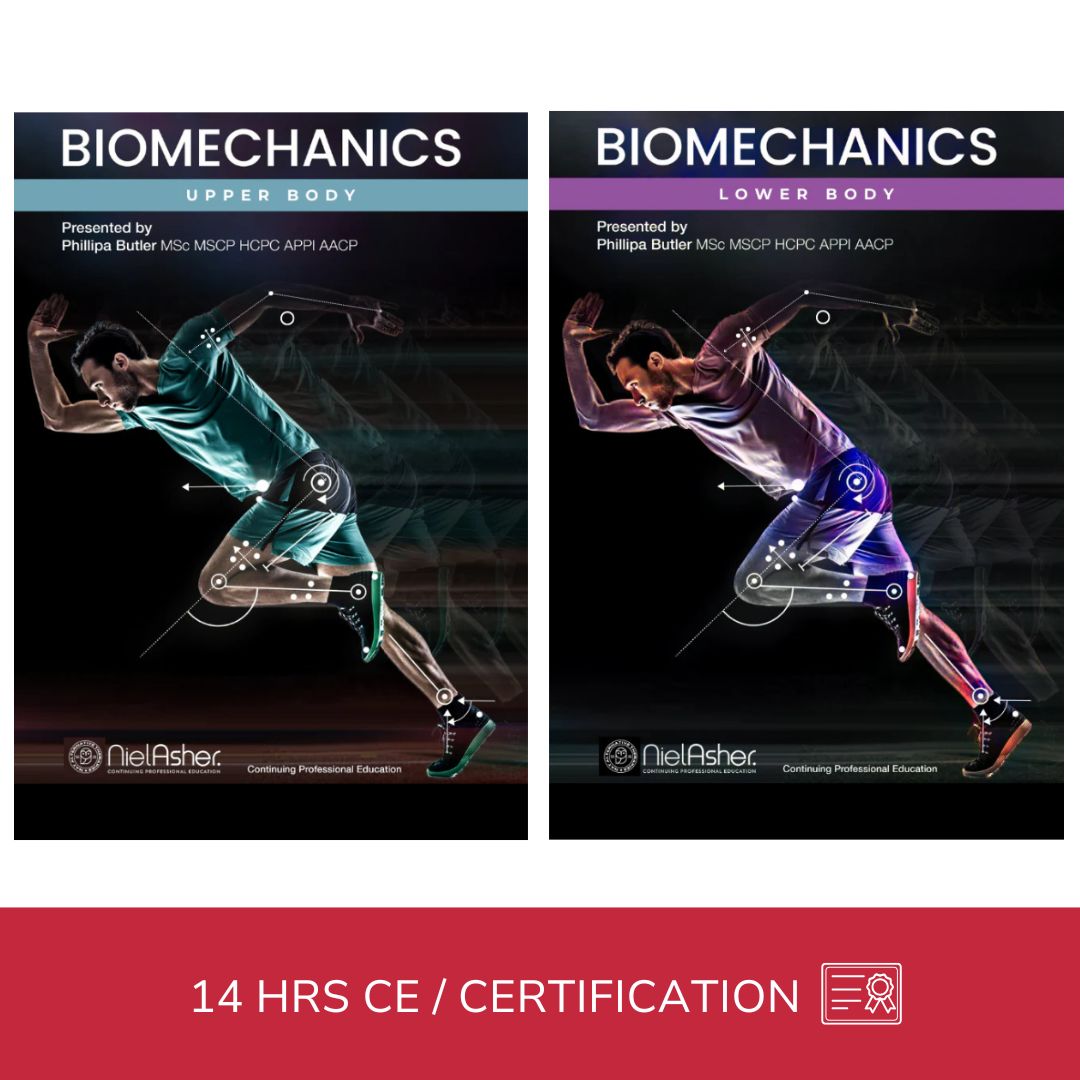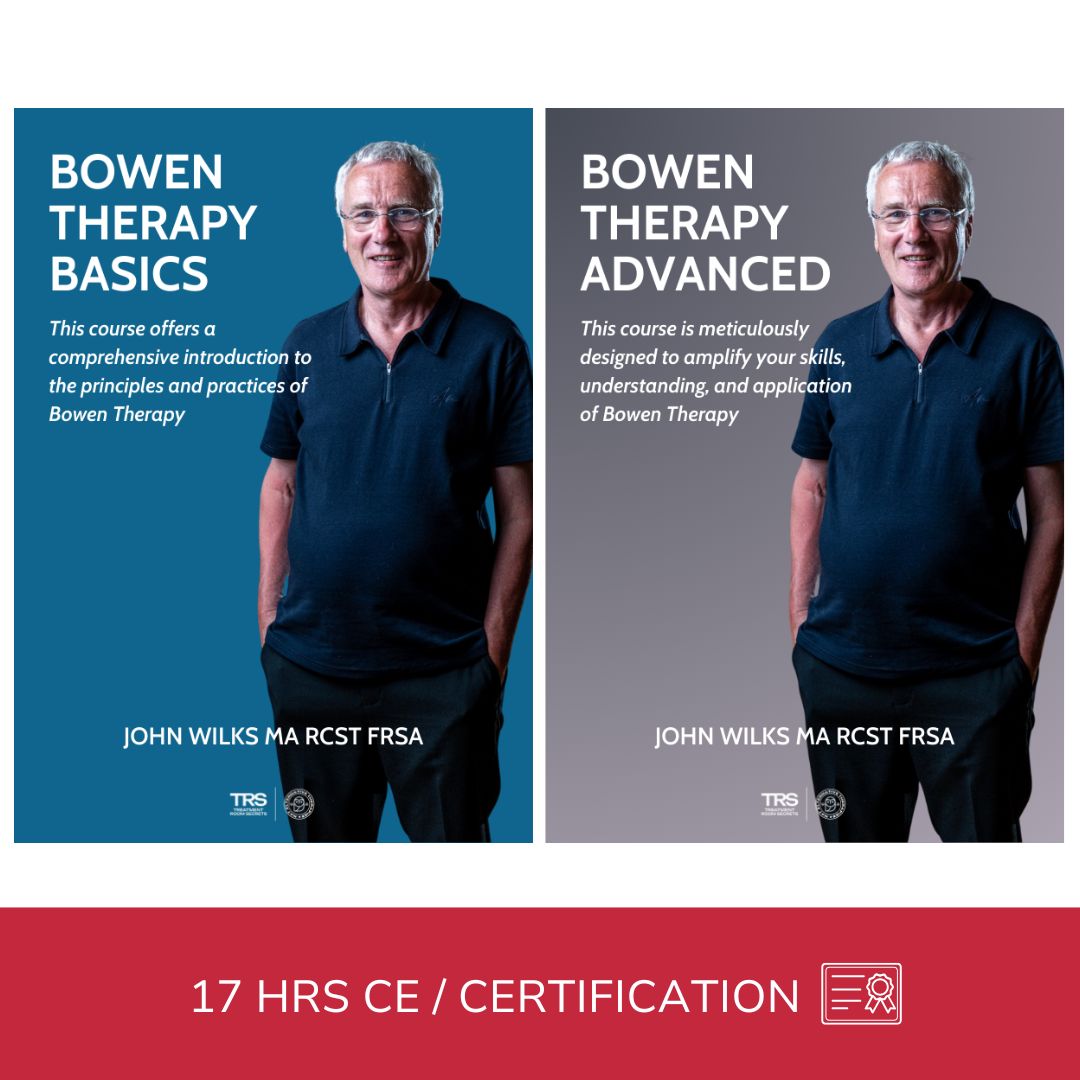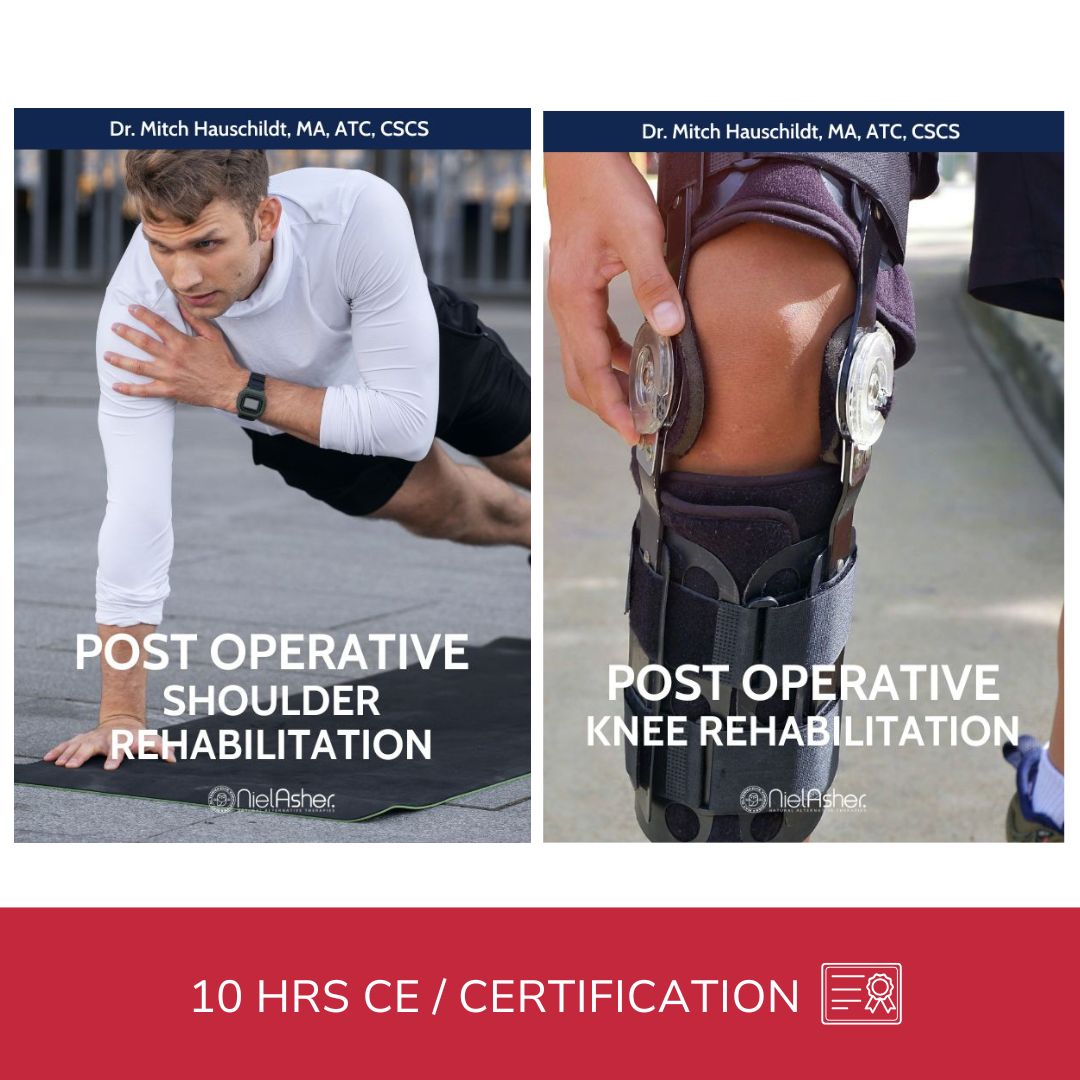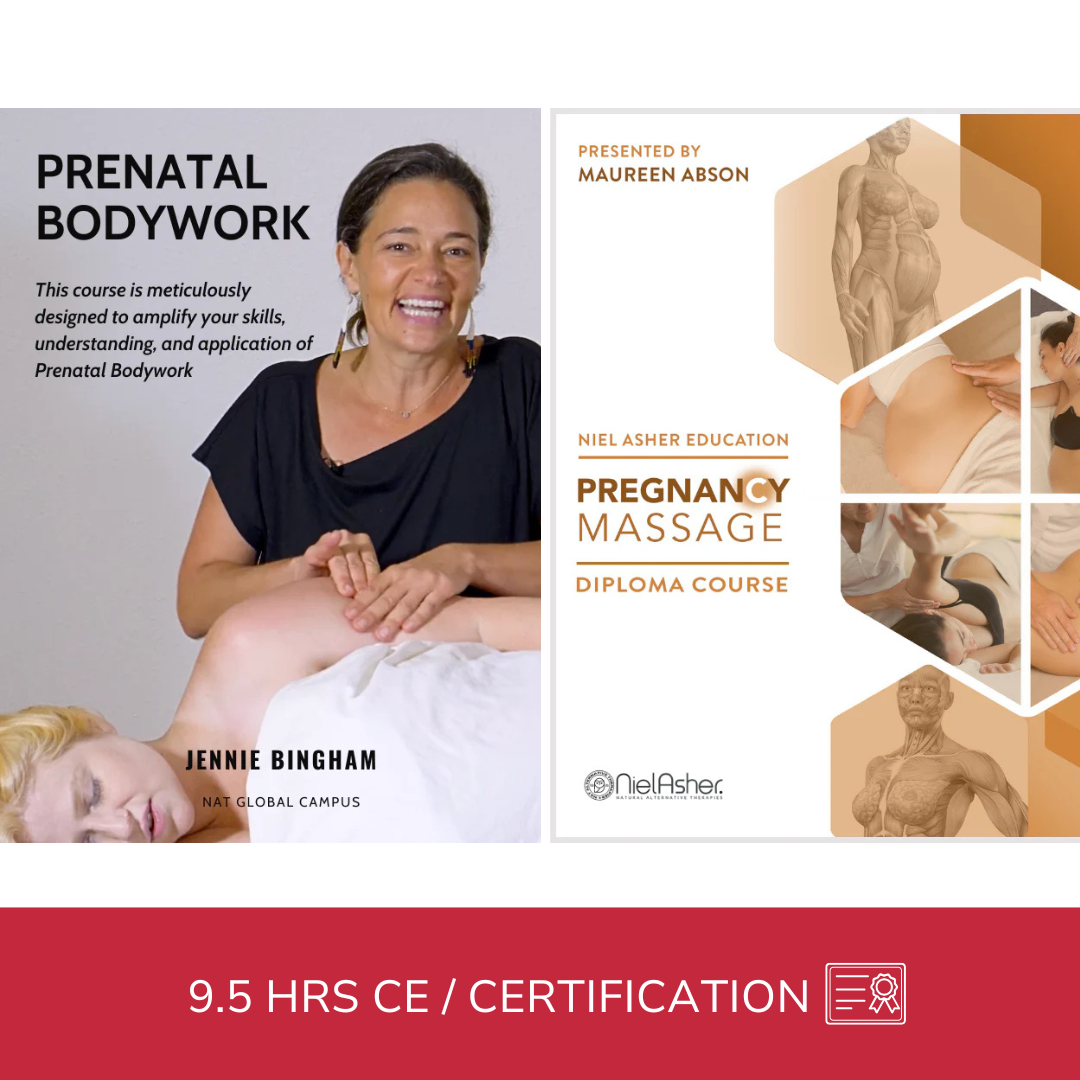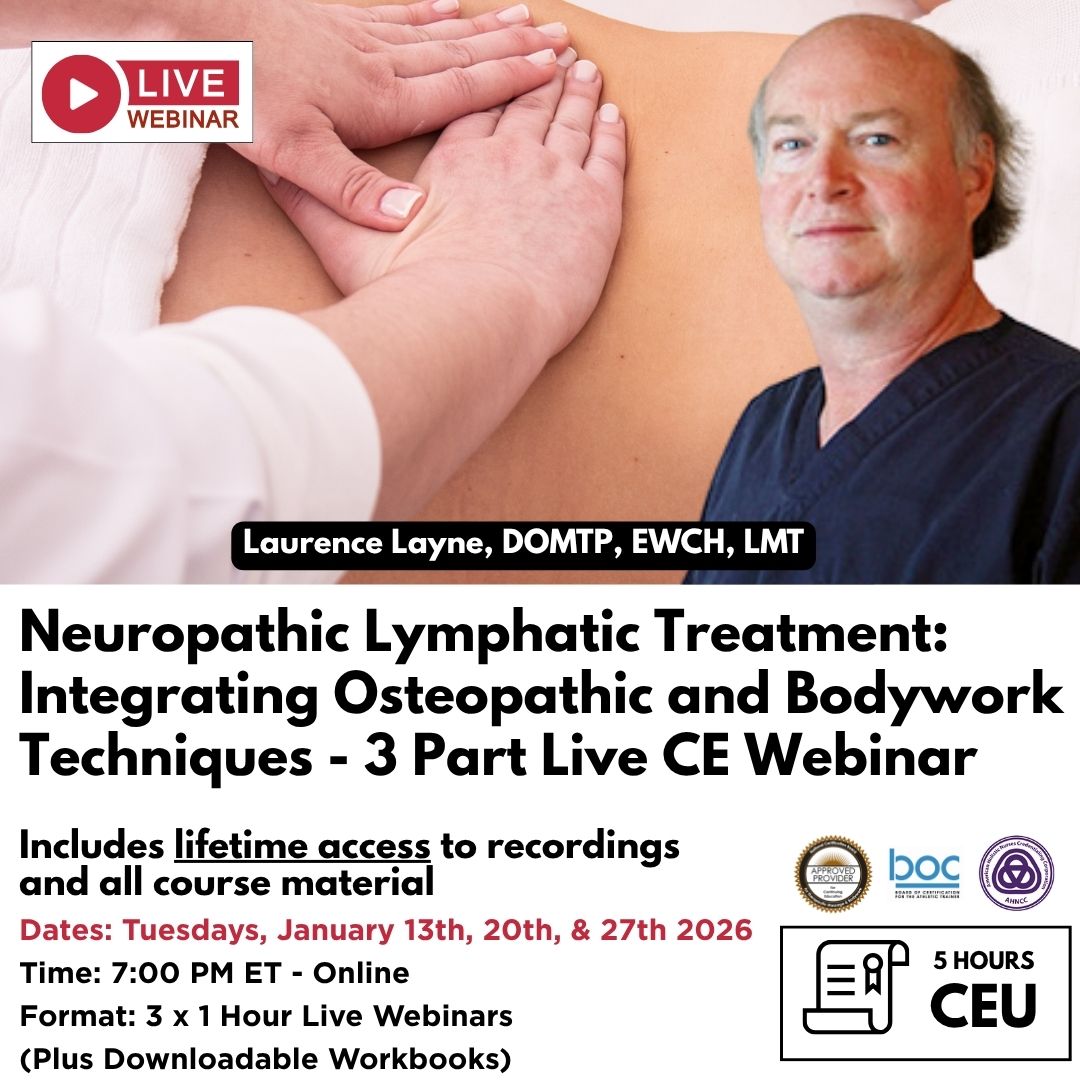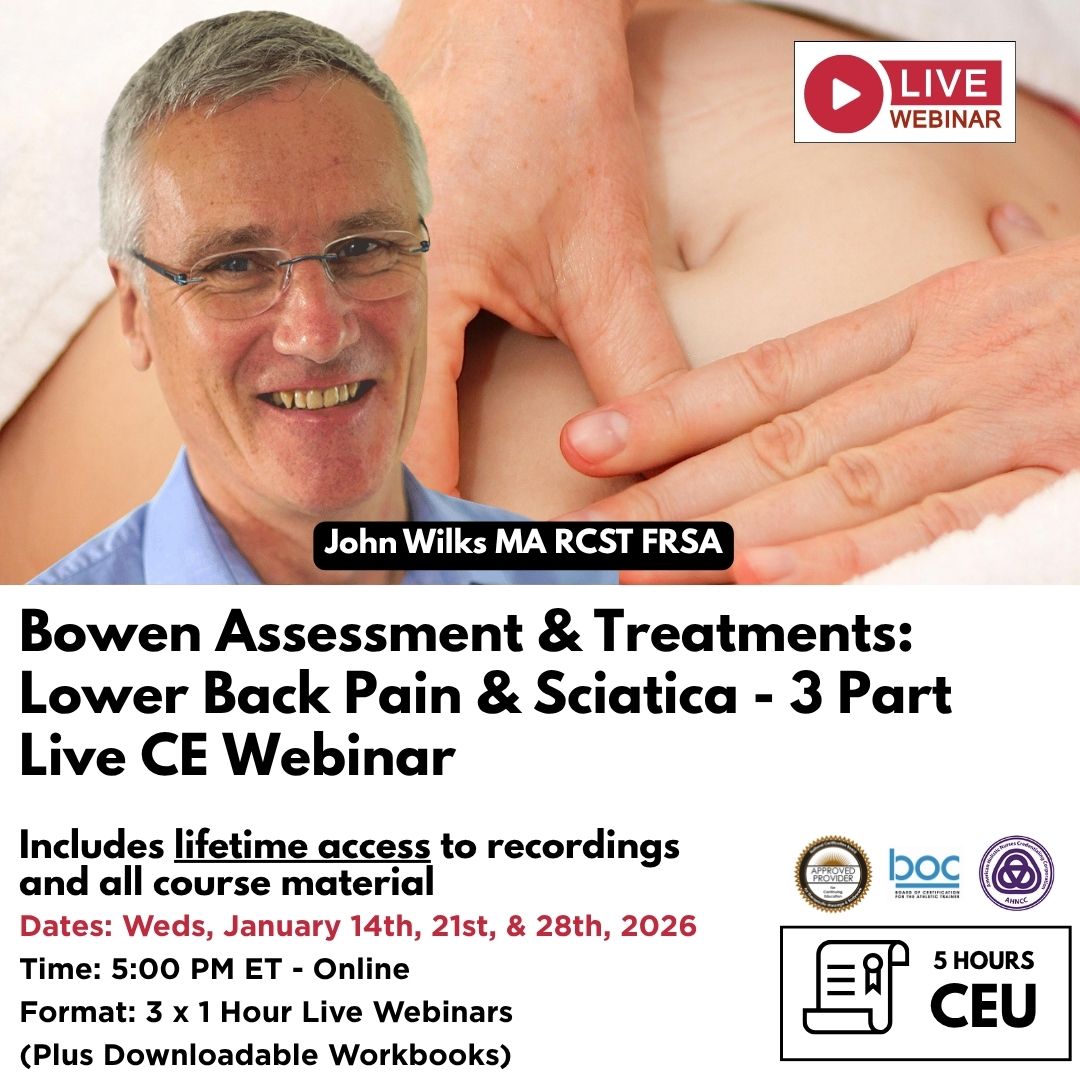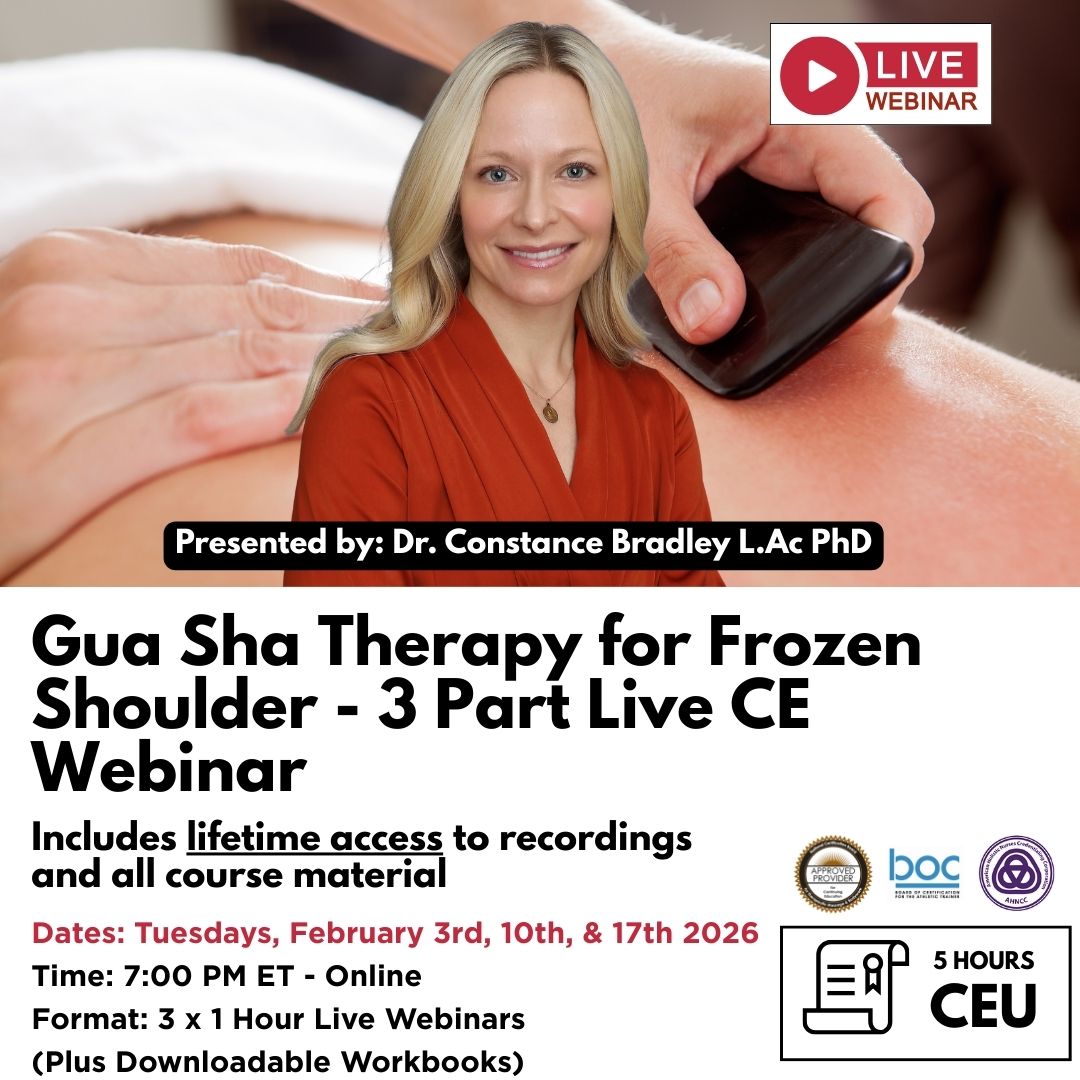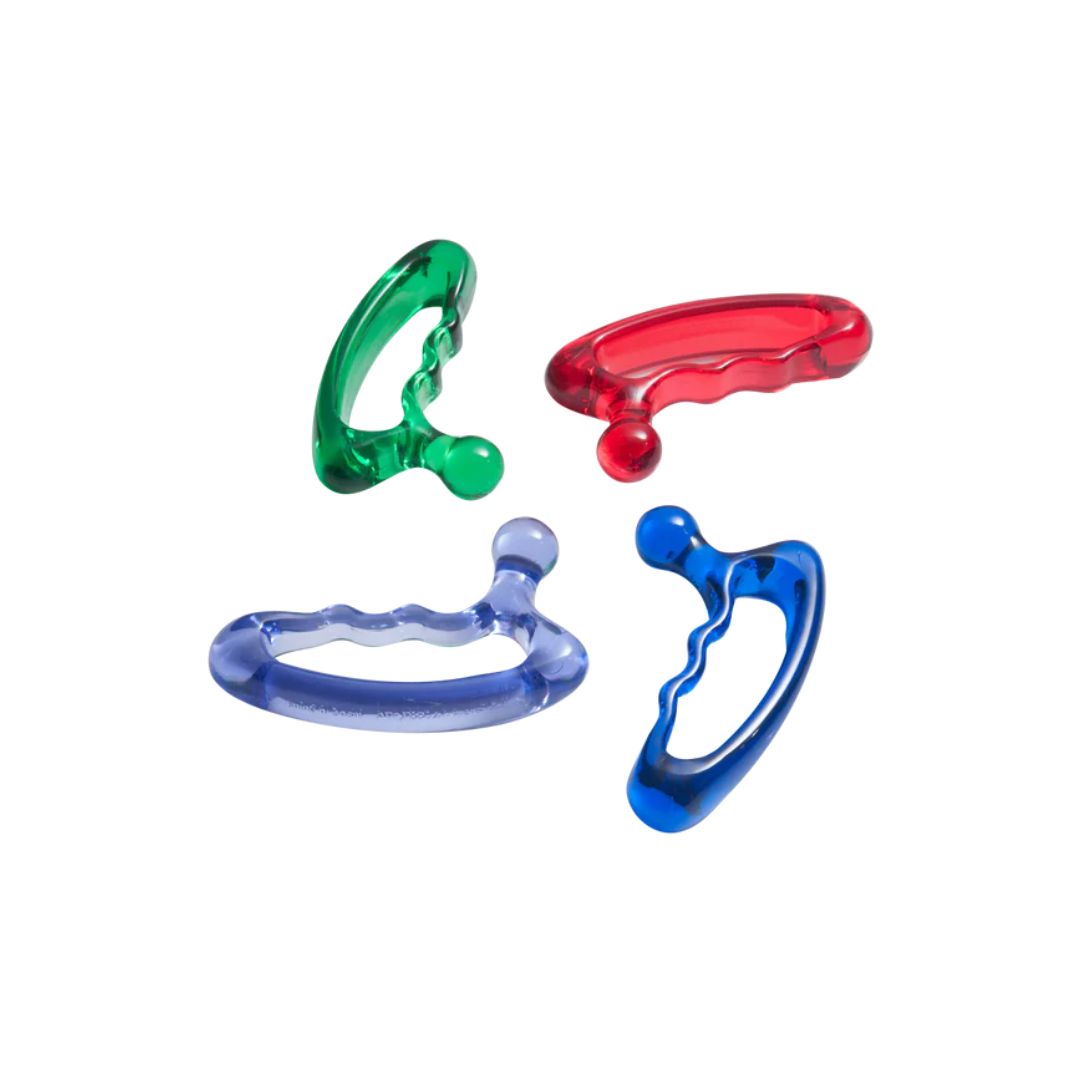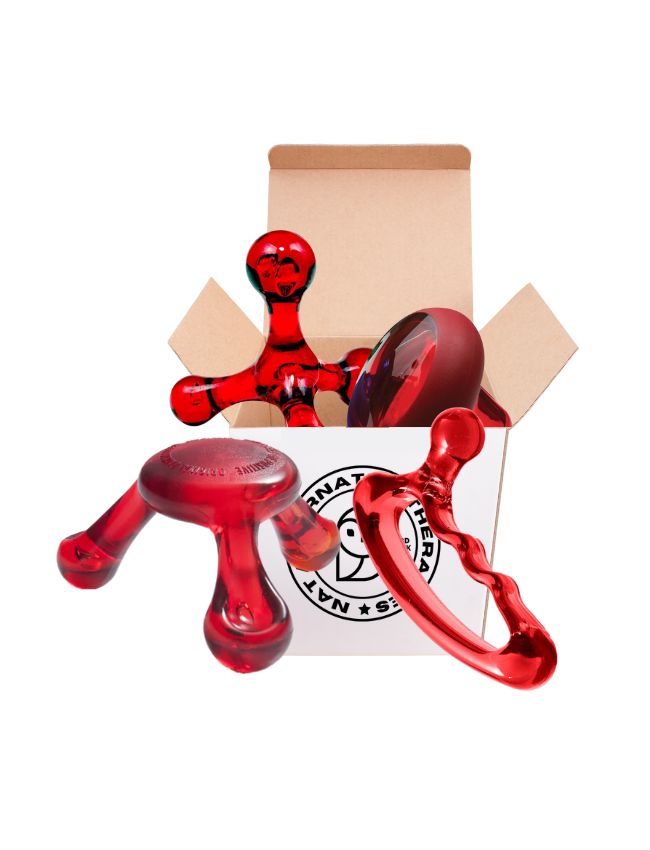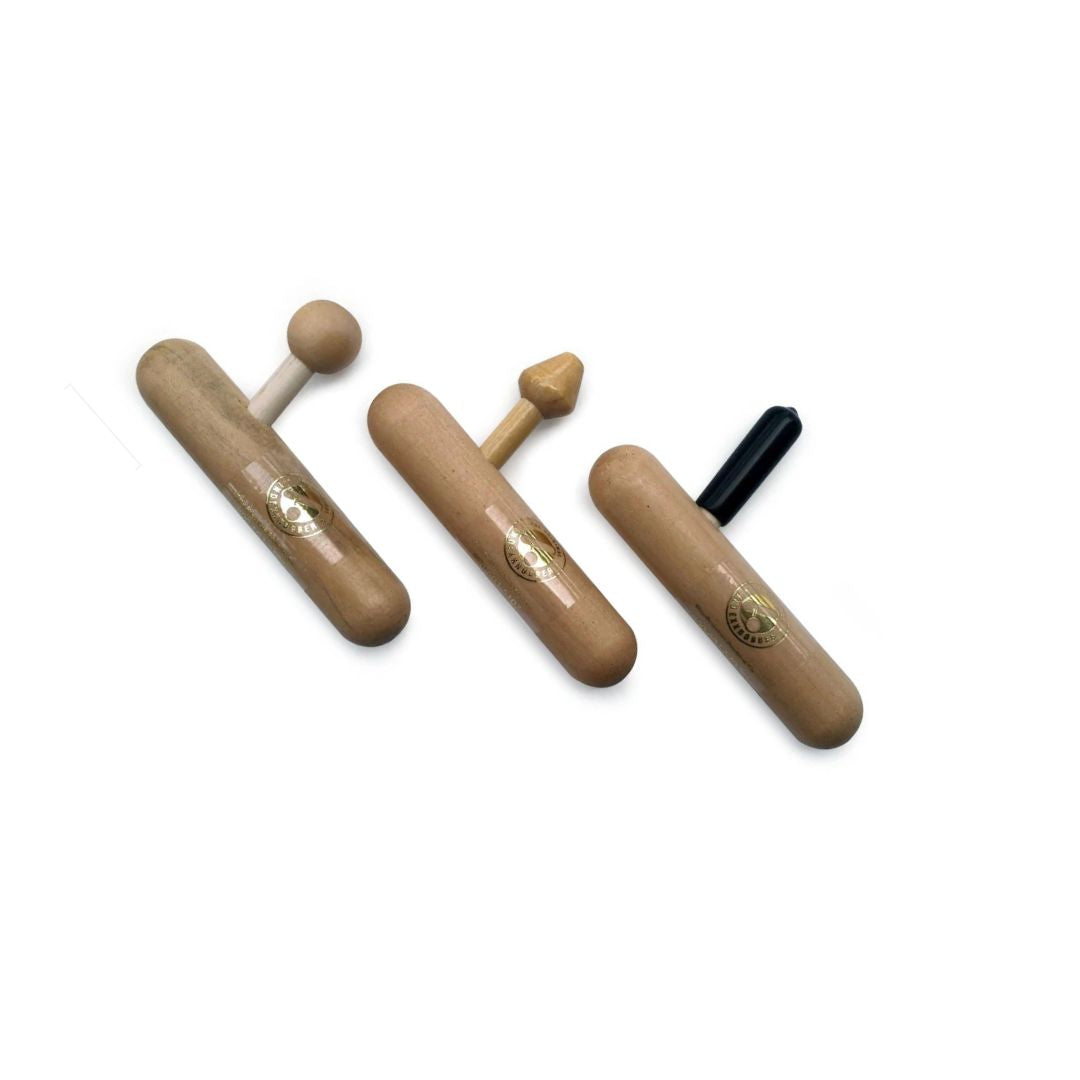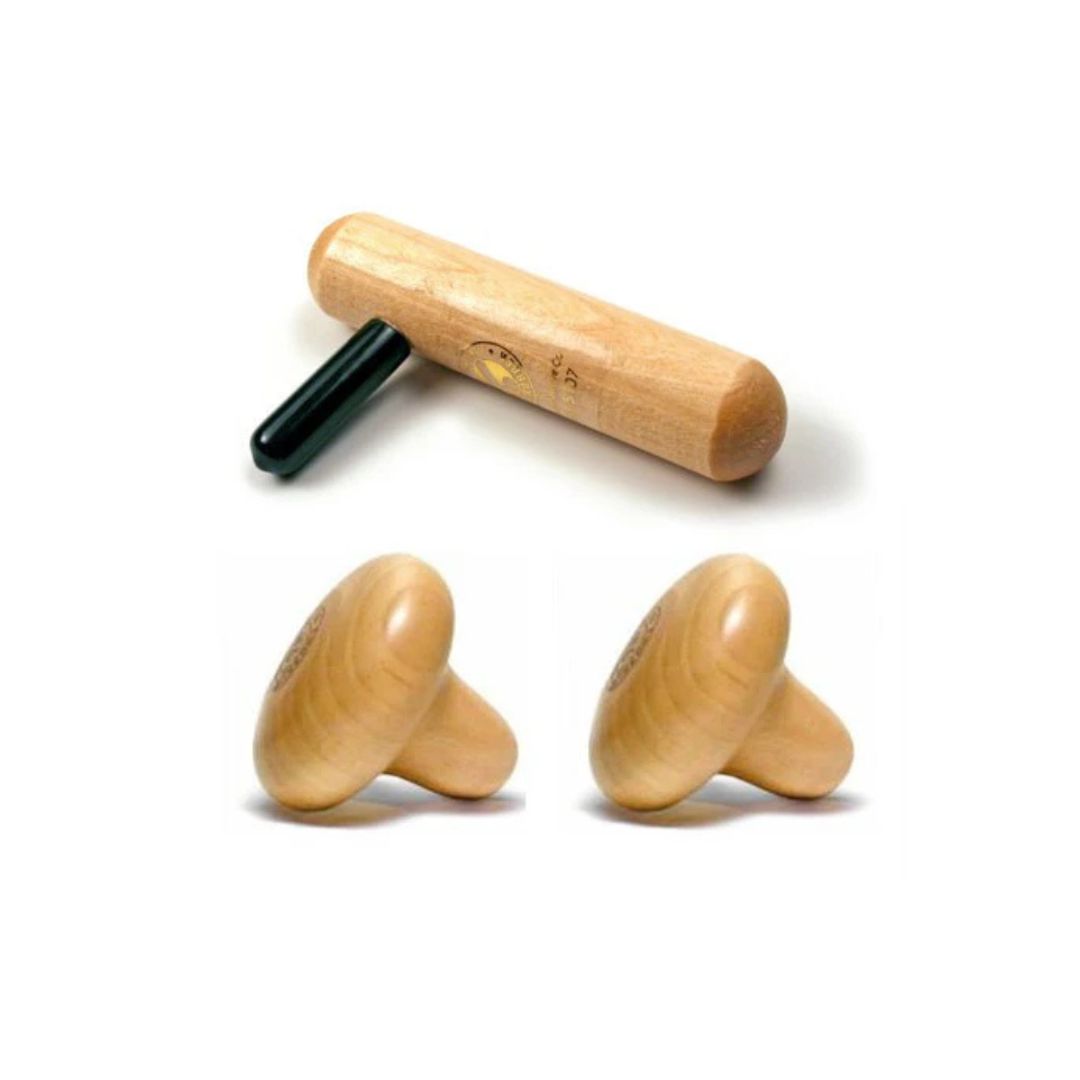Teres Minor - How and why to take care of this little muscle

Teres Minor Muscle watch the video tutorial below:
About the Teres minor muscle
Having a strong teres minor muscle is important for any athlete. Its benefits include better range of motion, improved posture, and less strain on the joints. While there are many ways to strengthen and stretch this muscle, there are also many common injuries and causes that can lead to problems with this muscle.
Known as one of the four muscles of the rotator cuff, the teres minor muscle helps stabilize the shoulder joint. It works in conjunction with the infraspinatus to hold the humeral head in the glenoid cavity of the scapula. The teres minor muscle also helps with adduction and external rotation of the arm.
The teres minor muscle is a small muscle that runs from the lateral border of the shoulder blade to the tuberculum majus of the humerus. The teres minor is innervated by the axillary nerve. The axillary nerve has a short length, making it susceptible to stretch injuries. Its posterior branch supplies cutaneous sensation over the deltoid.
Teres minor tendon tearing was extremely rare. Only a few cases were reported in the literature.
Stretching the teres minor muscle
During normal movement, the Teres Minor and Teres Major muscles work together to stabilize the head of the humerus in the glenoid cavity of the scapula. In addition, the muscle also contributes to shoulder adduction and extension. When these muscles are overused or tightened, they can cause impingement or pain.
Trigger point therapy can be an effective way to alleviate Teres Minor pain. This type of therapy involves a ball or lacrosse ball placed on the tense muscle. After a brief holding period, the ball is turned so it is facing the side with the pain. The ball should remain in this position for 10-20 seconds. This will allow the muscle to stretch and release.
Trigger point therapy can also be used to treat pain from the Teres Minor tendon. This tendon is part of the rotator cuff. It can become inflamed, and may produce clicking sound when the arm is raised above the head.
Common injuries of the shoulder
Among the most common injuries of the Teres Minor Muscle are rotator cuff tears, posterior subluxation/dislocation, and denervation injury. Depending on the location of the injury, treatment may be conservative, arthroscopic, or surgical.
Rotator cuff tears are usually acute. They usually improve with rest and physical therapy. If pain persists, injections of cortisone are used to reduce inflammation. However, if the tear is chronic, surgery may be necessary.
Injuries of the Teres Minor Muscle are usually the result of posterior subluxation/dislocation, denervation injury, or massive rotator cuff tears. Treatment may involve conservative measures, such as rest, bracing, anti-inflammatory medications, or steroid injections.
An MR imaging examination can be useful in evaluating teres minor injuries. On MR images, a fluid-filled area in the myotendinous junction and bone marrow edema around the physis can be seen. MR imaging can also detect muscle edema, potential masses, and fatty atrophy.
Massage therapy for shoulder injuries
Those suffering from shoulder injuries may want to consider massage therapy. This type of therapy can alleviate pain, improve mobility and reduce inflammation. Among other benefits, massage can be effective in treating rotator cuff injuries. It is also helpful for postural problems, low-grade strains and tendinitis.
Several studies have examined the effects of massage therapy on shoulder pain. The most notable findings include evidence of efficacy and robust effect sizes.
In one study, a group of massage therapists performed massage therapy on patients suffering from shoulder injuries. Massage therapy improved range of motion (ROM), muscle extensibility, nerve excitability and muscle hardness. It also decreased inflammation, increased blood flow and prevented scar tissue formation.
Another study looked at the effects of deep-tissue massage on the whole body. In the study, researchers found a small difference in pain scores between massage therapy and exercise only groups. However, there was no difference in the other variables.
Alternative therapies for common shoulder injuries
Fortunately, there are many options available for treating common shoulder injuries. Shoulder pain can be debilitating and interfere with quality of life. Treatments may include prescription medications, over the counter medications, and physical therapy. However, some shoulder injuries do not respond to traditional treatments. Instead, they can be treated with alternative therapies.
Using natural methods can be a very effective treatment option for shoulder injuries. Regenerative cellular therapy, for example, stimulates the growth of new shoulder cartilage. This technique may be an alternative to surgery.
Another alternative therapy is acupuncture. It increases blood flow to the shoulder area and speeds up the healing process. It may also increase the body's natural painkillers. It can also help decrease the inflammation that causes pain in the shoulder.
About Niel Asher Education
Niel Asher Education (NAT Global Campus) is a globally recognised provider of high-quality professional learning for hands-on health and movement practitioners. Through an extensive catalogue of expert-led online courses, NAT delivers continuing education for massage therapists, supporting both newly qualified and highly experienced professionals with practical, clinically relevant training designed for real-world practice.
Beyond massage therapy, Niel Asher Education offers comprehensive continuing education for physical therapists, continuing education for athletic trainers, continuing education for chiropractors, and continuing education for rehabilitation professionals working across a wide range of clinical, sports, and wellness environments. Courses span manual therapy, movement, rehabilitation, pain management, integrative therapies, and practitioner self-care, with content presented by respected educators and clinicians from around the world.
Known for its high production values and practitioner-focused approach, Niel Asher Education emphasises clarity, practical application, and professional integrity. Its online learning model allows practitioners to study at their own pace while earning recognised certificates and maintaining ongoing professional development requirements, making continuing education accessible regardless of location or schedule.
Through partnerships with leading educational platforms and organisations worldwide, Niel Asher Education continues to expand access to trusted, high-quality continuing education for massage therapists, continuing education for physical therapists, continuing education for athletic trainers, continuing education for chiropractors, and continuing education for rehabilitation professionals, supporting lifelong learning and professional excellence across the global therapy community.
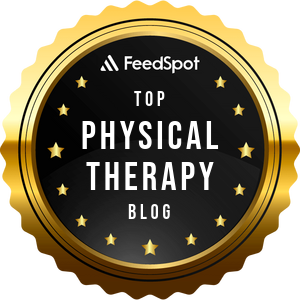
Continuing Professional Education
Looking for Massage Therapy CEUs, PT and ATC continuing education, chiropractic CE, or advanced manual therapy training? Explore our evidence-based online courses designed for hands-on professionals.

